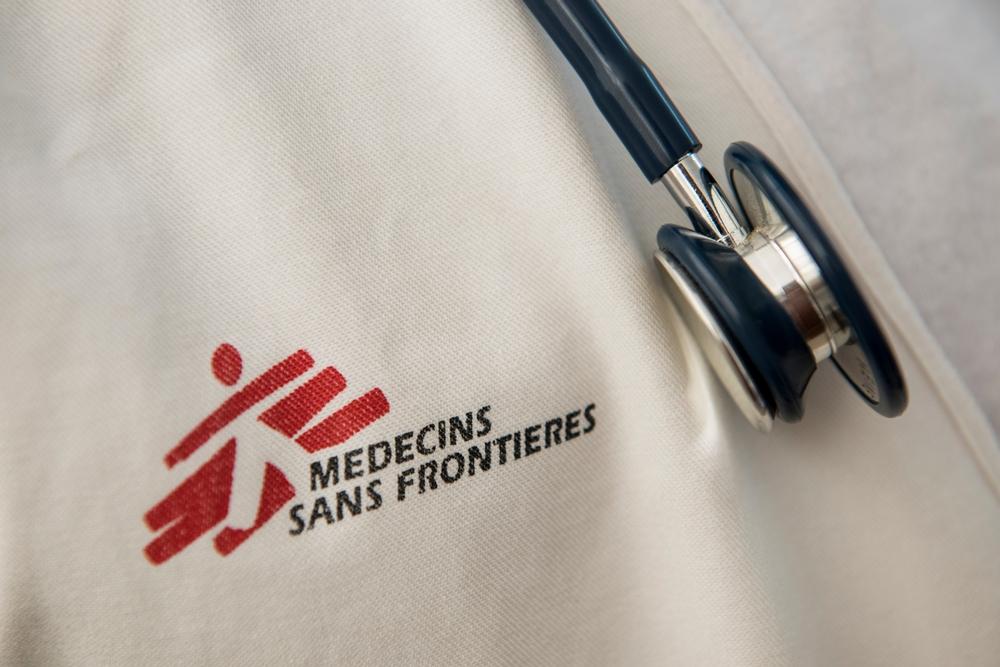Médecins Sans Frontières (MSF) welcomes the ruling of the High Court of Kenya issued on 21st September that brings closure to a lawsuit filed in 2014 by four women against five health institutions, including MSF. The women, living with HIV, say they underwent bilateral tubal ligation which prevents future pregnancy, without their informed consent.
MSF deeply sympathizes with the plight of the women – three of whom were patients in the former MSF Blue House clinic – who explained that they felt pressured by staff to undergo bilateral tubal ligation in a separate health facility, otherwise they could risk losing access to medical support.
MSF teams have never provided bilateral tubal ligation in Kenya but referred people to facilities accredited by the Kenyan government to provide these services.
MSF accepts our share of responsibility for the suffering inflicted on these women and considers this verdict a milestone for patient’s rights to equal access to sexual and reproductive health, and to have adequate information to fully consent to any medical treatment they receive.
The final judgement clearly spells out the rights of the patient in matters of obtaining sufficient and correct information to give (or not) her informed consent to a procedure. The judge therefore ordered three health institutions, including MSF, to provide financial compensation to the women. MSF will pay the financial compensation requested, although we acknowledge that this will not restore to these women what they have lost.
In 2012, an internal audit of MSF’s health promotion activities at Blue House HIV clinic, launched after the case was first reported, identified improvements that could be made in staff supervision, whilst providing patients with information on family planning methods. Following this audit, MSF reinforced its internal procedures and incorporated safeguards to ensure that patients have enough information and are empowered to make their own informed decisions and consent to their family planning method. For example, every patient who chooses bilateral tubal ligation is counselled by two different medical practitioners at a minimum three-week interval, before any referral to a Ministry of Health (MOH)- approved health facility where the procedure will be performed.
Out of the 1,100 patients who received family planning counselling between 2008 and 2012 in the MSF’s facility, twenty-one women were referred by MSF to Ministry of Health (MOH)-approved facilities for bilateral tubal ligation. This procedure was thus not a preferred family planning method among the women attending the MSF HIV clinic at the time .
Following this ruling, MSF will further align its procedures to the highest possible standards, especially on patient safeguarding and empowerment to ensure informed decisions are made and consent is given prior to medical or surgical interventions. We continue to review our internal procedures on staff supervision and development, especially on patient safeguarding.
MSF has been working in Kenya since 1987. In 2001, MSF provided the first free access to life-extending antiretroviral treatment for HIV infected patients in Kenya. MSF is currently providing needed health care services in Homa Bay County, Kiambu, Mombasa, Mathare and Dadaab and has responded to emergencies in Marsabit, Wajir, Garissa and Mandera Counties.
